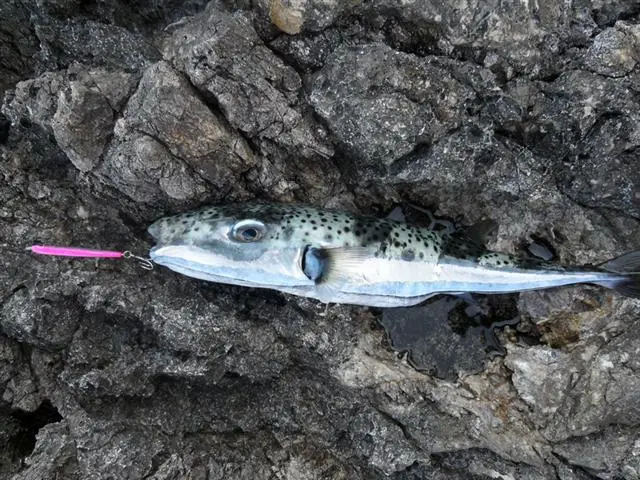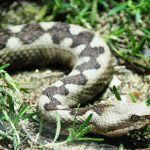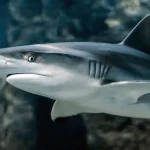As Poslovni Dnevnik writes, a brand new species of fish appears in Croatian waters or in the wider Adriatic Sea seemingly every single week due to temperature changes. A few months ago, a fisherman near the island of Kosar near Pasman caught a poisonous fish, the highly poisonous and very dangerous silver-cheeked toadfish (Lagocephalus sceleratus), writes City magazine.
This is an extremely poisonous and deadly species, which contains the powerful thermostable poison tetrodotoxin in its muscles, liver and skin. Its consumption is prohibited in all European Union (EU) countries, but in Japan it is a gastronomic delicacy known as fugu, which is prepared according to special procedures due to its deadly poison.
It is believed that the thermostable poison this fish contains is several hundred times stronger than cyanide.
What kind of fish this actually is was discussed and further explained on N1 Croatia/Hrvatska, when Dr. Jakov Dulcic, the head of the laboratory for ichthyology and coastal fishing of the Institute of Oceanography and Fisheries in Split, was asked about them.
“It’s very widespread in the Indian Ocean, the Western Pacific and in the Red Sea. It is a Lessepsian migrant, which means that it reached the Mediterranean from the Red Sea via the Suez Canal. It’s an extremely invasive species that has fully established its populations across the the Mediterranean (especially in its eastern part),” explained Dr. Jakov Dulcic.
He added that this fish was first seen in Croatian waters close to the island of Jakljan near Dubrovnik back in 2012. Then it was found along the Albanian, Montenegrin and Croatian coasts.
The Institute warned swimmers and those fishing on social media that, if they do come across this deadly fish in Croatian waters, to avoid direct contact if possible, and if that is impossible, to handle it extremely carefully. In addition to the poison, this species has a strong jaw with sharp teeth, and its bite can cause serious injuries.
For more, make sure to check out our dedicated lifestyle section.










